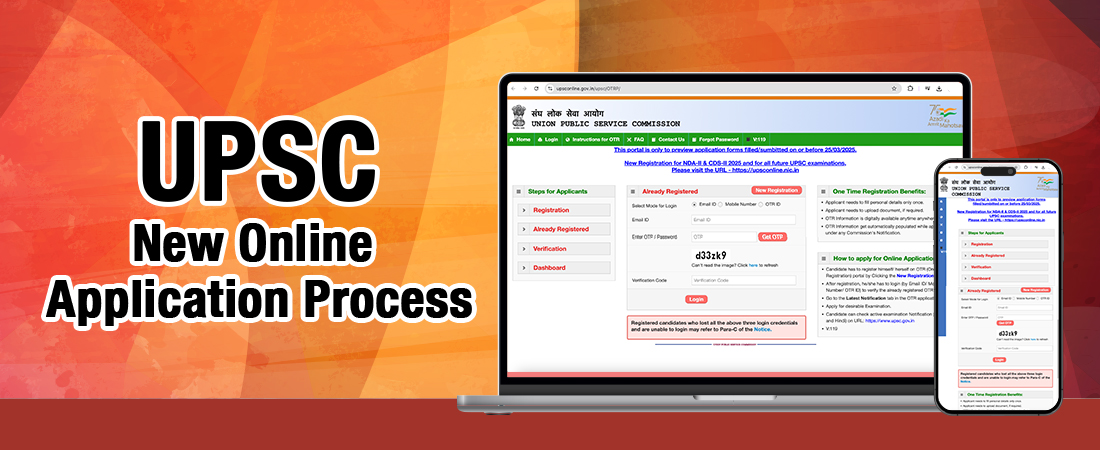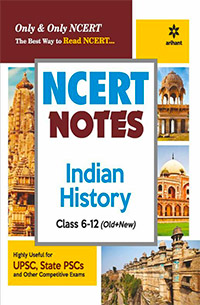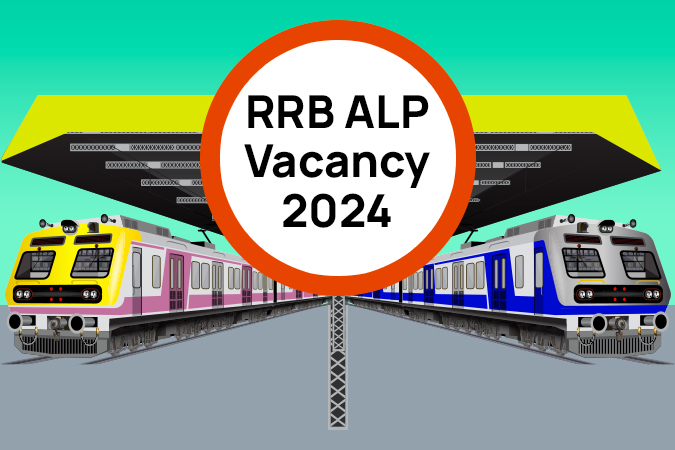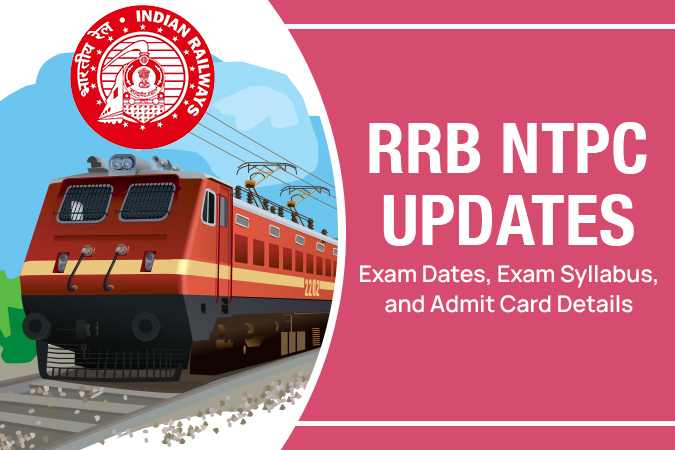
The Union Public Service Commission (UPSC) has officially launched a Unified Online Application Portal (OAP) for all its examinations, including the coveted Civil Services Examination (CSE), NDA, CDS, IES, and more. UPSC’s new online application portal—One-Time Registration (OTR) portal—marks a significant step toward digitization, aiming to simplify the application process, enhance user convenience, and minimize errors during form submissions.
- Single Window for All Exams: Candidates can now register once and apply for all UPSC exams through a centralized portal.
- Universal Profile Creation: Details such as name, contact info, qualifications, and ID proof will be stored permanently.
- Form Auto-Fill Feature: Registered candidates can auto-populate application forms using saved data.
- Mobile-Friendly & Secure: Enhanced UI for better accessibility and robust data protection protocols.
- Real-Time Notifications: Instant alerts for upcoming exams, deadlines, admit card releases, and result declarations.
1. Candidate Experience Enhancements
| Feature | Benefit |
|---|---|
| One-Time Profile Creation | Eliminates redundant data entry across multiple exam applications |
| Mobile Optimization | Seamless access via mobile and tablet devices |
| Dashboard Overview | Central access to all applications, notifications, and status updates |
| Multilingual Interface (Upcoming) | Enhanced accessibility for regional language speakers (in future plans) |
2. Operational and Administrative Efficiency
| Component | Functionality |
|---|---|
| Auto-verification Module | Reduces document discrepancies and misreporting |
| Linked Government Databases | Future integration with Aadhaar and Digi Locker for verification |
| Error Prevention System | Prevents form errors like mismatched DOB, duplicate entries, etc. |
| Document Upload Simplified | Standard format and one-time document upload across all applications |
3. Security, Data Privacy & Technical Framework
- End-to-End Encryption: All data entered on the portal is encrypted to ensure confidentiality.
- Role-Based Access: Only authorized personnel can access sensitive candidate information.
- Two-Factor Authentication (2FA): Strengthens account security with OTP-based login.
- Automated Backup Systems: Prevent data loss and ensure business continuity.
4. Eligibility and Access
| Criteria | Details |
|---|---|
| Who Can Register | All aspirants applying for any UPSC-conducted exam |
| Cost to Register | Absolutely Free |
| Access Portal at | https://upsconline.nic.in |
| Devices Supported | Desktop, Laptop, Smartphone, Tablet |
- Visit Official Website: Go to https://upsconline.nic.in
- Click on OTR Link: Select “One-Time Registration (OTR) for UPSC Exams”
- Fill Basic Details:
- Name, Date of Birth
- Contact Information (Email, Mobile)
- Educational Qualifications
- ID Proof Details (Aadhaar, PAN, Passport)
- Verify Mobile & Email: Enter OTPs sent for authentication
- Set Password and Login PIN
- Upload Photograph & Signature (As per UPSC guidelines)
- Submit and Confirm: Finalize registration and save your OTR ID
- Time-Saving Process
Candidates applying for multiple exams no longer need to repeatedly enter the same personal details. - Increased Accuracy
Reduces the risk of typos and mismatched data through auto-filled forms based on verified OTR profiles. - Transparent Process
Real-time application tracking, alerts, and submission status are all available on a unified dashboard. - Candidate Empowerment
Aspirants can plan better with a centralized view of application status and future exam timelines.
| Feature | Old System | New OTR System |
|---|---|---|
| Repeated Data Entry | Required for each exam | One-time entry |
| Form Submission Errors | High chances due to manual inputs | Minimized via autofill |
| Document Upload Frequency | Every time a new application is filed | Once during OTR |
| Notification System | Limited or delayed | Real-time alerts |
| Accessibility | Desktop-centric | Mobile-optimized |
- Civil Services Examination (CSE)
- Indian Forest Service (IFoS)
- Engineering Services Examination (ESE)
- Combined Defence Services (CDS)
- National Defence Academy (NDA)
- Indian Economic Service (IES)
- Combined Geo-Scientist Examination
- Central Armed Police Forces (CAPF)
- And More
| Phase | Milestone |
|---|---|
| August 2023 | Portal internal testing and pilot feedback |
| September 2023 | Official launch with media release and public accessibility |
| Late 2024 (Planned) | Integration with Aadhaar, DigiLocker, and direct admit card downloads |
| 2025 Onwards | Multilingual interface and AI-based form error predictions |
Strategic Implications for Aspirants
- Early Profile Creation: Encouraged to avoid last-minute delays during exam season.
- Single Point of Failure Avoided: With backups and OTPs, account recoverability is easy.
- Better Exam Planning: Unified notifications across all UPSC exams improve candidate preparation.
Q1. Is registration on the OTR portal mandatory for all UPSC exams?
Yes. From now onwards, only candidates registered through the OTR system will be able to apply for UPSC examinations.
Q2. Can I update my details after submitting the OTR?
Limited edits are allowed (such as contact information). However, core details like name, DOB, and ID proof may require formal procedures to change.
Q3. What happens if I forget my OTR ID or password?
Use the ‘Forgot OTR ID’ or ‘Forgot Password’ options to recover your credentials via OTP on your registered mobile/email.
Q4. Do I need to upload my documents every time I apply for a new exam?
No. Upload your documents once during OTR. These will auto-attach in future applications.
Q5. What documents are needed for OTR?
- Recent passport-size photo
- Scanned signature
- Valid ID proof (Aadhaar, PAN, Passport, etc.)
Q6. Will the OTR portal also display admit cards and results?
Currently, only application-related services are covered. UPSC may roll out integrated admit card downloads and results in the future.
The UPSC OTR Portal is a landmark move in India’s competitive examination framework. With a focus on streamlining the application process, eliminating redundancy, and empowering aspirants, it sets a new benchmark for digital governance in public recruitment. Early adoption and familiarization with the portal can give candidates a critical edge in their preparation and application journey.
Click on this LINK to access the previous year question papers for all UPSC exams









